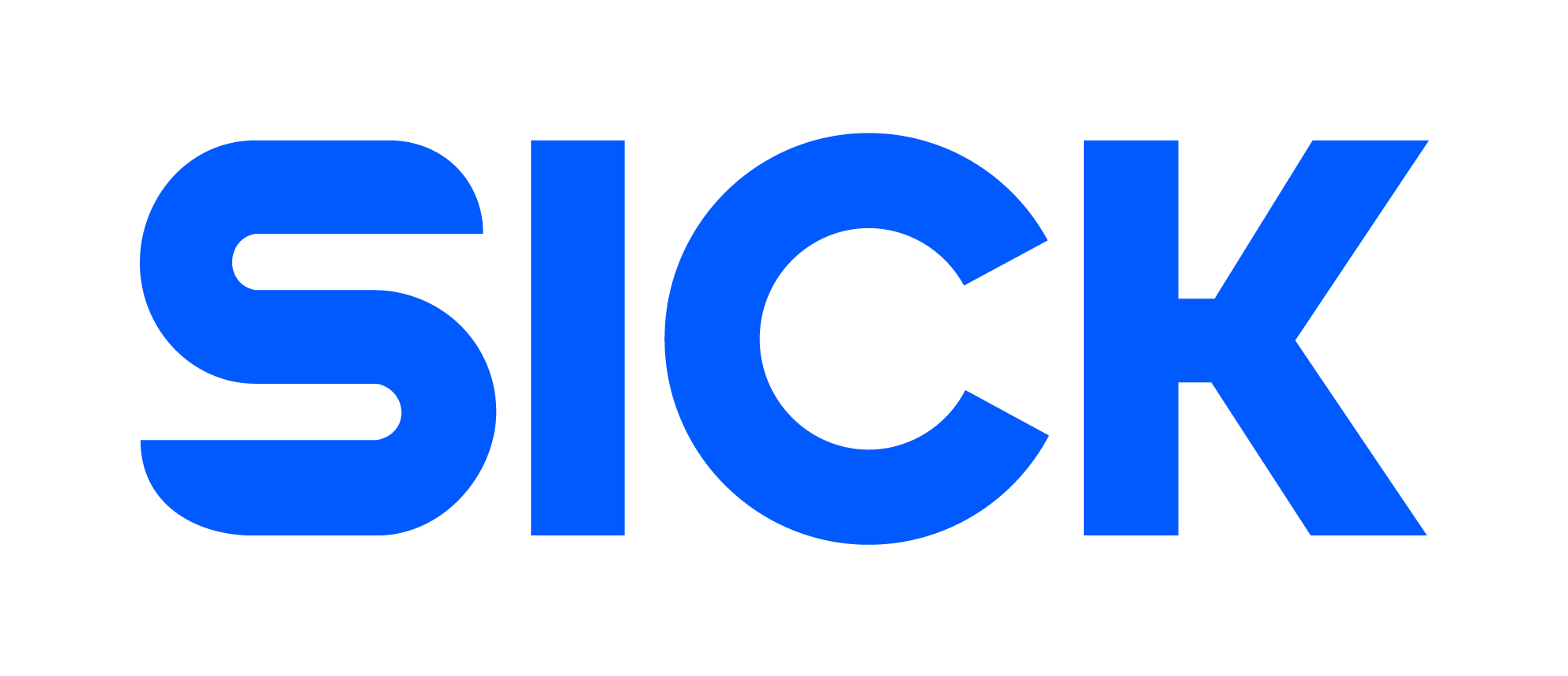In this story, we invite you to deep dive into Sogand's journey - moving to Sweden to join SICK Linköping, exploring the experiences, challenges, and learnings during her first 10 months within SICK!
What brought you to Sweden, and how long have you lived and worked here?
I came to Sweden about 10 months ago to start to work as a software developer. When I was applying for a job, I was mostly focused on the company and the job description. However one of my considerations was the level of English of the country in which the company was located and Sweden had a high rank among the European countries.
How did you come across SICK, and what factors influenced your decision to apply to us?
I mostly used LinkedIn to find available positions and I’ve found out about SICK through that. I was looking for a company that works both in hardware and software areas and surely SICK was a good fit as being active in both areas. Also, working with new machine learning techniques was very appealing to me, and I was offered the open position as a software developer in the R&D department.
A Role Beyond Boundaries…
Could you describe your role as a software developer at SICK?
I’m working on developing machine vision algorithms and trying out new machine learning methods to improve our algorithms. I also support other teams within SICK that use our algorithms. I primarily work in a team with other colleagues, sometimes we work more tightly in the team and sometimes more independently depending on the task.
What factors do you believe makes a successful team at SICK and what have you learned from collaborating with others at SICK?
I think having people with different backgrounds in a team is very important since it contributes a lot to brainstorming and discussions. Also, organizing planning and refinement sessions and having a supportive atmosphere within a team can make it successful. I’ve personally learned a lot from my teammates, both about technical matters and professional behavior.
Settling into a New Country and Workplace Culture..
Can you share your experience of adjusting to a new country and the workplace culture at SICK? Were there any particular challenges or pleasant surprises along the way?
It went pretty smoothly as bureaucratic matters are done pretty easily in Sweden and I also didn’t have many difficulties in finding an apartment using some provided housing websites by our HR manager. In my opinion, the workplace culture of SICK is great. We spend lunches and "fikas" together and there are also other activities such as the chess tournament, that made it easy for me to blend in. There are also some social gatherings and events for women in the company that create a sense of support, which was especially very pleasant for me in the first few months.
Did SICK provide any support or resources to help you adjust to living and working in a new country?
Yes! Including all the support for Visa sponsorship, apartment search, search for Swedish classes, and also help in finding connections with other international employees in the area. My Swedish classes have been paid for by the company and in general our HR manager always tried to provide any information and support that I asked for.
Using technology for good..
Have you had any opportunities for professional development or training since joining SICK?
There are regular Explorations days within SICK, that not only provide the opportunity to learn and try new methods but also make the possibility to work together, within or beyond our team. There are Tech days and some other events with the possibility to travel to the headquarter and discuss different topics with our colleagues from other branches. I’ve also had the opportunity to attend a machine vision conference by the company that was very interesting.
SICK's mission is to use technology for good, in what ways do you believe your work as a software developer at SICK contributes to this mission?
I see my contribution in making simpler tools to handle industrial challenges. Some tasks for example quality inspections in production lines is done by human and their repetitive nature made it hard and boring for human and led to many errors, which means more waste. Machines are good at doing repetitive tasks but not as smart as humans. Making a machine do these tasks efficiently is not easy. If we make simpler tools that can easily help humans in doing repetitive tasks and improve performance by making fewer errors and producing less waste, we did something good I hope!
Thank you so much Sogand, we are so happy that you decided to come to Sweden and work with us at SICK Linköping!
